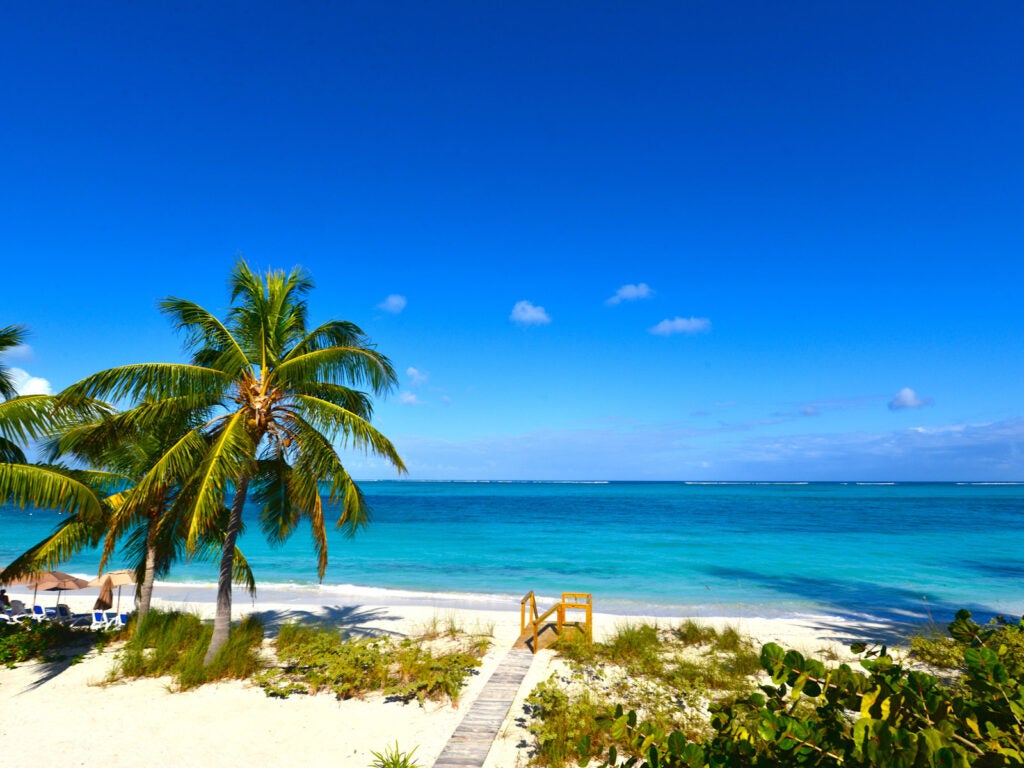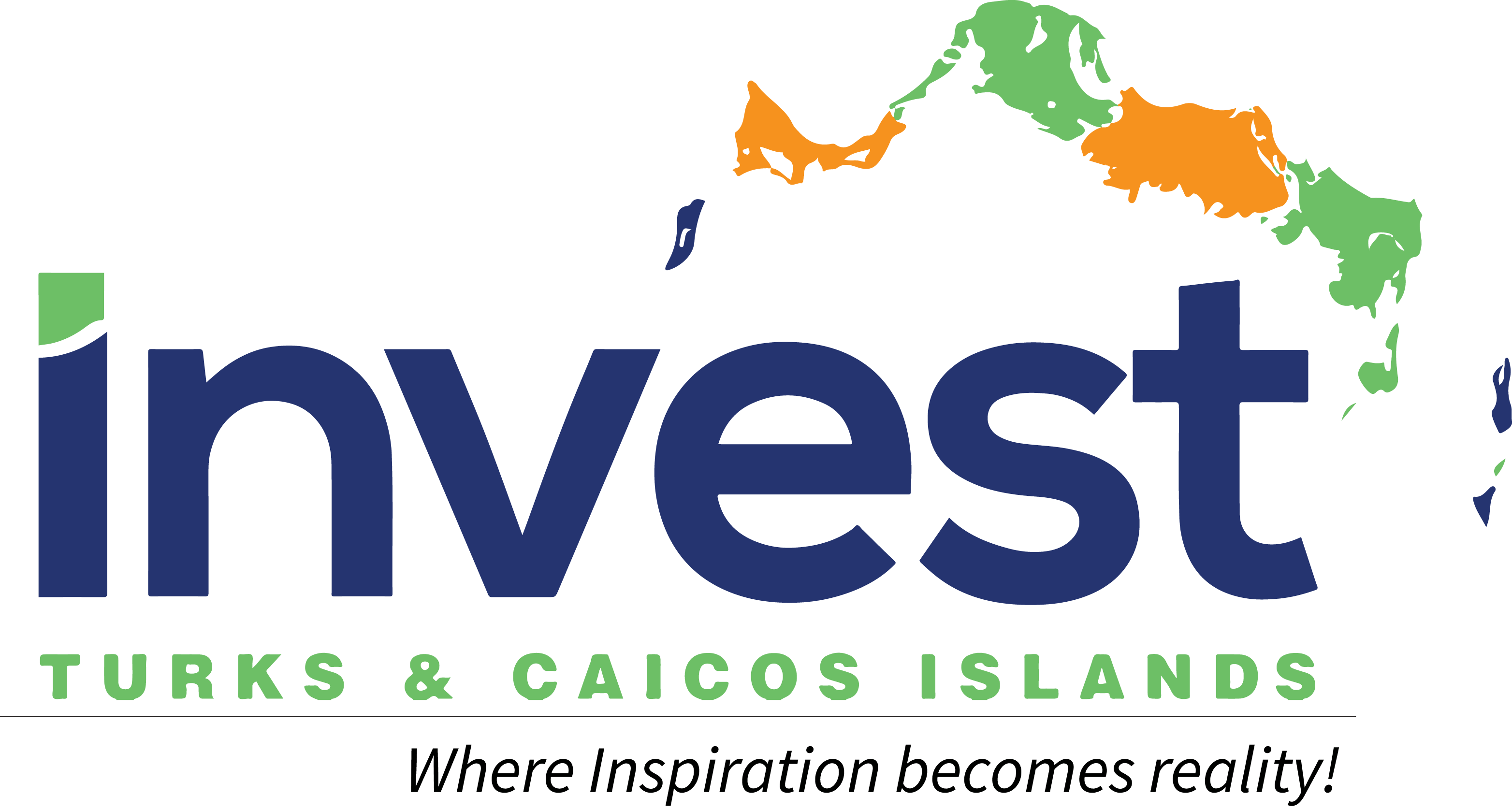
The Turks and Caicos is known for its high-end tourism industry, but the islands also have much to offer businesses in the financial services sector.
While the financial services sector is the Turks and Caicos Islands’ (TCI) second-largest industry after tourism, there remains significant potential for further development.
One edge Turks and Caicos has over other island nations in the Caribbean is that it is a British Overseas Territory, both legislatively and constitutionally, meaning that it is effectively controlled by the UK government. This ensures greater security and stability as the ultimate court of appeal for the Turks and Caicos is the Privy Council in London.
Another advantage is that the TCI’s currency is the US dollar and has no exchange controls, ensuring strong connections with the US to add a further layer of stability. These strengths ensure that trading and dealing in the TCI is very straightforward, while its regulator, the Turks and Caicos Financial Services Commission, is respected for being professional, reliable and transparent.
“It is a compliant and well-regulated jurisdiction,” explains David Stewart, President of the Financial Services Working Group in the TCI.
Stewart is on a mission to promote the benefits of Turks and Caicos for financial services. He first arrived in Turks and Caicos in 1990, the year after he qualified as a lawyer in the UK, and stayed for two years but returned many times on holiday. Then, in 2015, he moved back permanently to the TCI and joined Providenciales-based Griffiths & Partners Attorneys as a partner.
Stewart has helped to build the G&P Group, which is now the biggest professional services team on the islands. The group consists of a fund manager, a corporate services business, a trust business, as well as a law firm – and he says the islands have all the ingredients for growth.
“My next five years are going to be spent trying to promote the jurisdiction, get more law firms and accountancy firms, and put us on the financial services map,” says Stewart.
Optimum conditions for financial services
The ultra-low tax system in Turks and Caicos may be of particular interest to financial services businesses. There are no direct taxes in the Turks and Caicos, meaning none on income, corporation, capital gains or inheritance tax. However, despite the minimal taxes, the Turks and Caicos Government takes its regulations and legislation seriously.
“It is whitelisted and approved by the European Union, by the OECD and the Financial Action Task Force; it is up to date in all of its legislation,” he adds. “It is a signatory to the common reporting standard by which all who have accounts in financial institutions in the Turks and Caicos will have their details reported to the tax office of their home country if that country is a signatory to the CRS. There are about 170 countries who are now.”

The environment has been set up to be business-friendly, with government support available to help companies set up operations in Turks and Caicos, including a fast-track immigration process for those who meet the necessary criteria.
“From an employment perspective, there is a lot of challenges in living and working in other Caribbean jurisdictions,” adds Stewart. “The Turks and Caicos mitigates those by being easy to get to and from, and being very easy to live in and to live comfortably.”
Diversifying the economy in the Turks and Caicos Islands
Turks and Caicos is the second most tourism-dependent economy in the world after the Maldives. Furthermore, the global pandemic has highlighted just how much disruption is possible for tourism and what happens when this revenue stream is effectively taken away.
The Turks and Caicos Government recognised the long-term need to increase economic activity in other areas and diversify the economy years before the global pandemic struck.
The financial services sector is a target growth area for the Turks and Caicos as part of the nation’s efforts to diversify its economy. The government is set to fund an organisation called TCI Finance, which will be tasked with promoting and raising awareness of Turks and Caicos as a financial services jurisdiction.
“We are very committed to growing the industry at a time when I think other jurisdictions are encountering some headwind,” adds Stewart.
Another key part of the appeal of the Turks and Caicos is the laidback lifestyle and tropical environment. This ties in with how the pandemic has also changed the way businesses operate, with many employees choosing to move out of cities to more scenic surroundings – and locations don’t get much more scenic than the TCI. With its award-winning white sand beaches and crystal blue waters, downtime for employees takes on a new dimension, with plenty of dive sites, history and nature to explore on the 40+ islands and cays.
“It is a beautiful place to live and work,” adds Stewart. “It is relatively unspoiled and regularly wins the best beach in the world award.”
The island of Providenciales has highly developed infrastructure thanks to its high-end tourism industry, supporting shops, restaurants and high-performing schools. Providenciales is also well connected, with high-speed broadband and 98 direct flights a week to many US East Coast cities, along with Toronto and Montreal, as well as two direct flights to London every week.
“We are an attractive jurisdiction relative to Cayman and the Bahamas because we are less crowded, there is more space,” says Stewart. “You feel as though this is somewhere that is yours and special.”
To learn more about the regulatory conditions for financial services businesses, download the document below.


